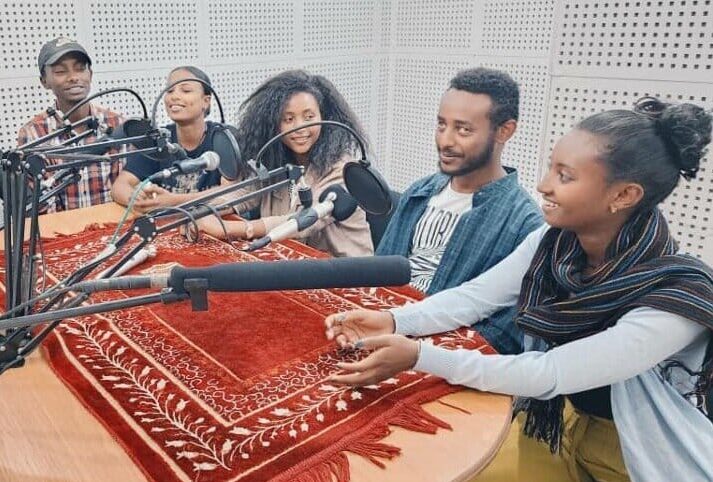
Radio for Youth, By Youth, in Ethiopia
Kefeta, a youth-run radio program, is helping young Ethiopians better understand how to cope with pressing social, health and economic issues.

Kefeta, a youth-run radio program, is helping young Ethiopians better understand how to cope with pressing social, health and economic issues.
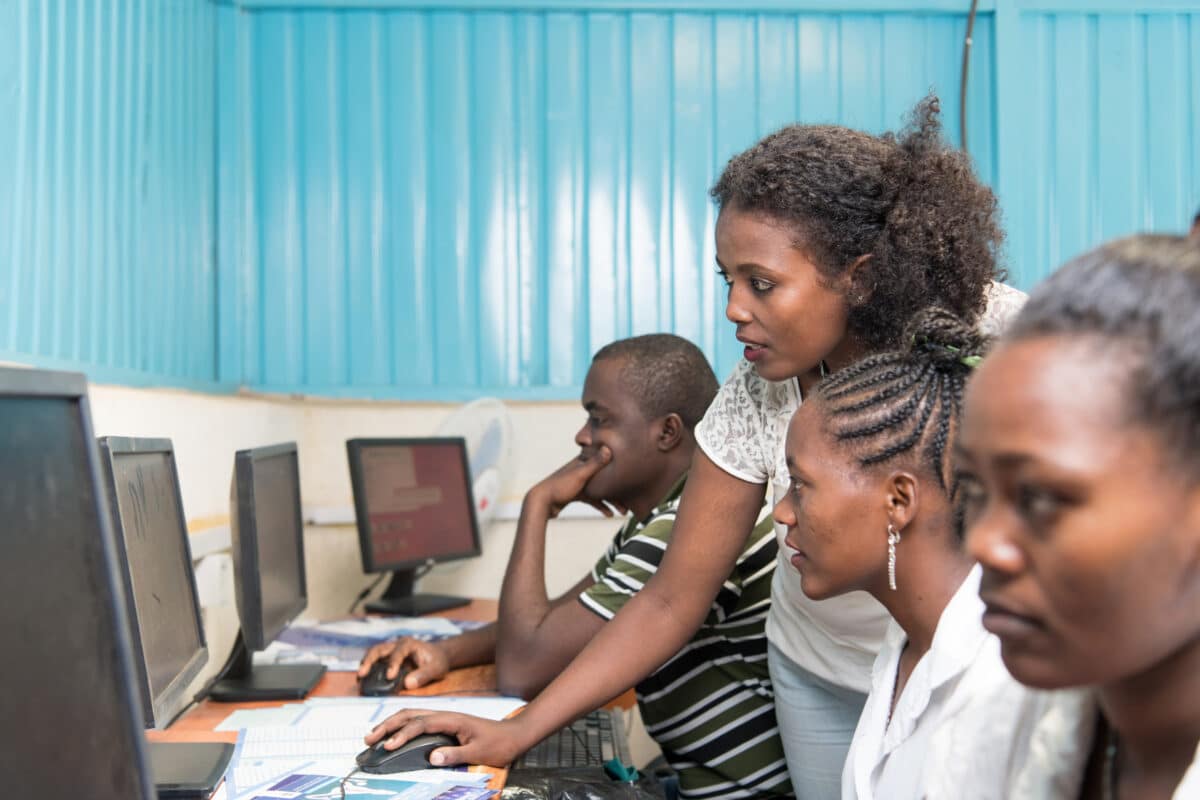
Working with the Mastercard Foundation, CCP is part of a five-year, $48-million project to prepare young Ethiopians for meaningful work.
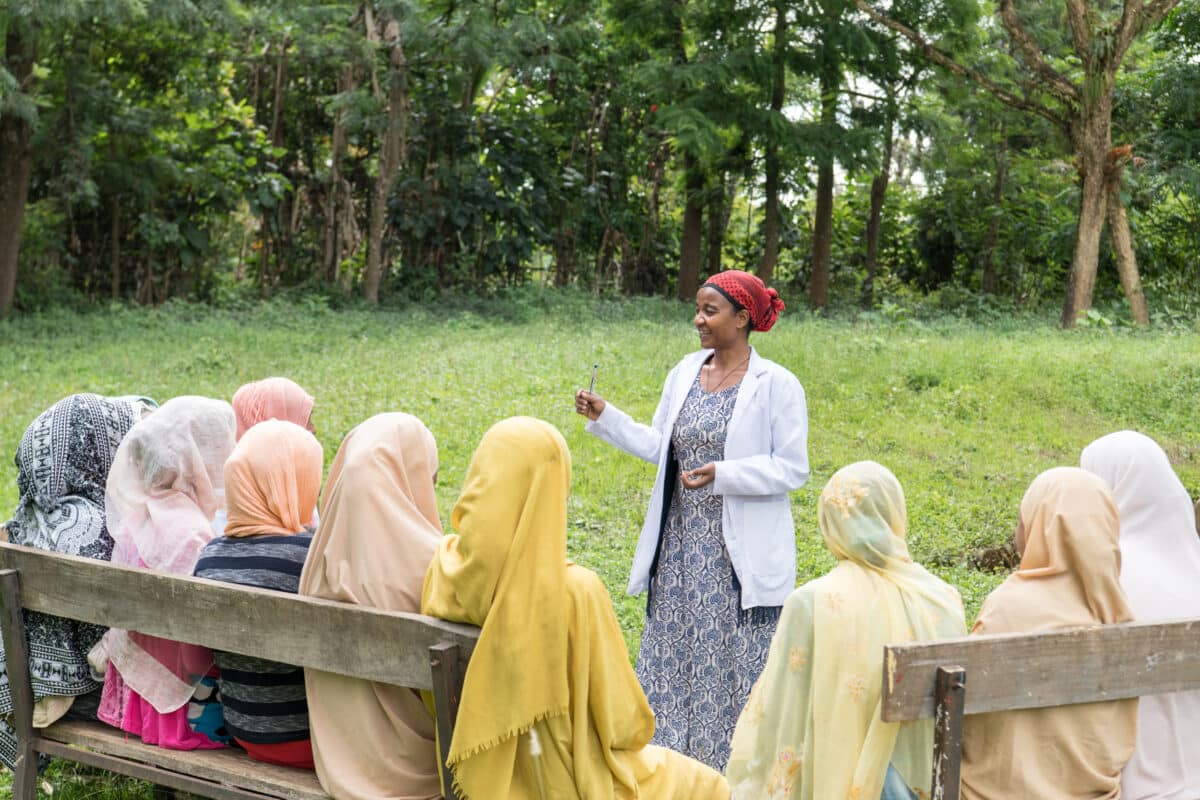
A simplified version of Cognitive Behavior Therapy (CBT) may help postpartum Ethiopian women become better equipped to adopt family planning.
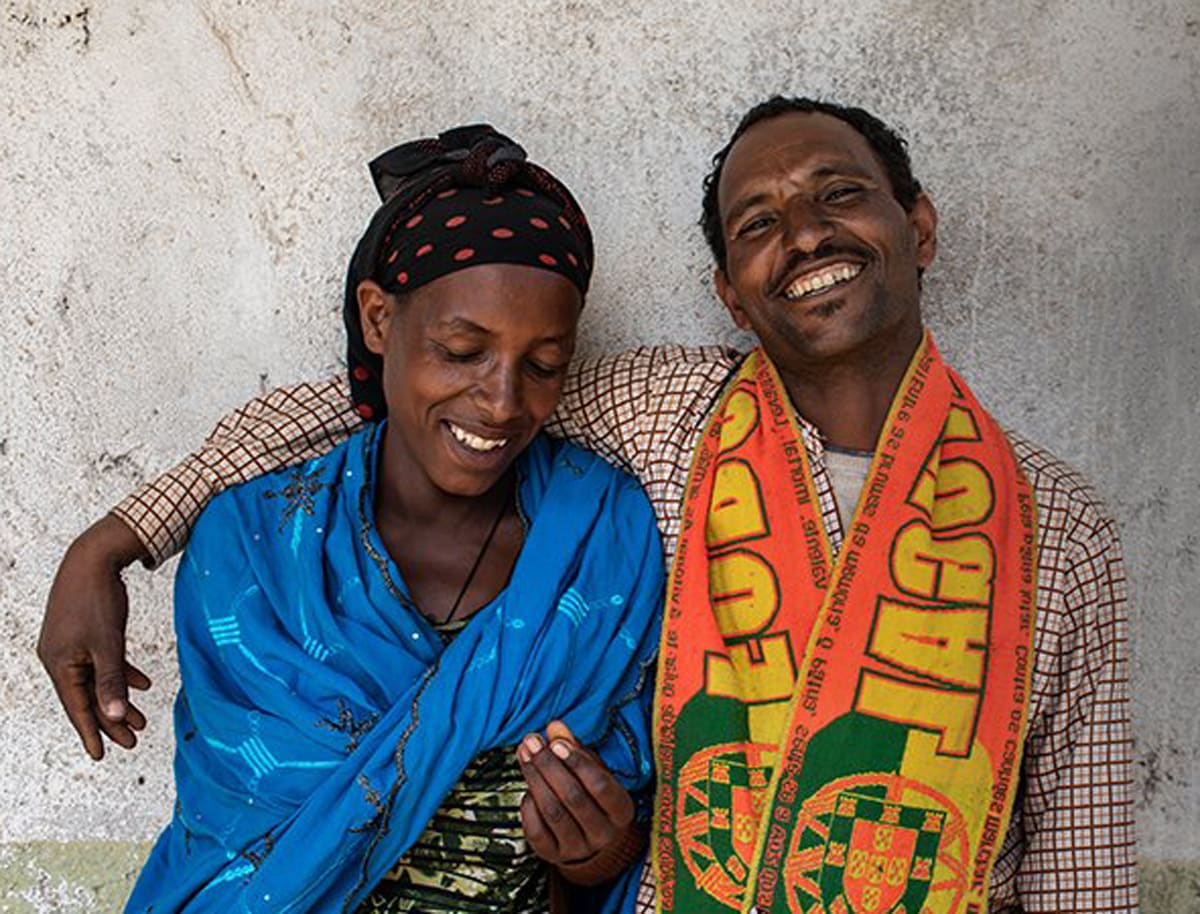
While couple communication is a key to uptake of modern contraception in Ethiopia, researchers say such communication is hindered by gender norms that ultimately let the man be the primary decision maker.

CCP is part of a new five-year, $60 million, USAID-funded Integrated Youth Activities (IYA) project led by Amref Health Africa to help empower young people in Ethiopia with the knowledge and skills they need to live successful lives.
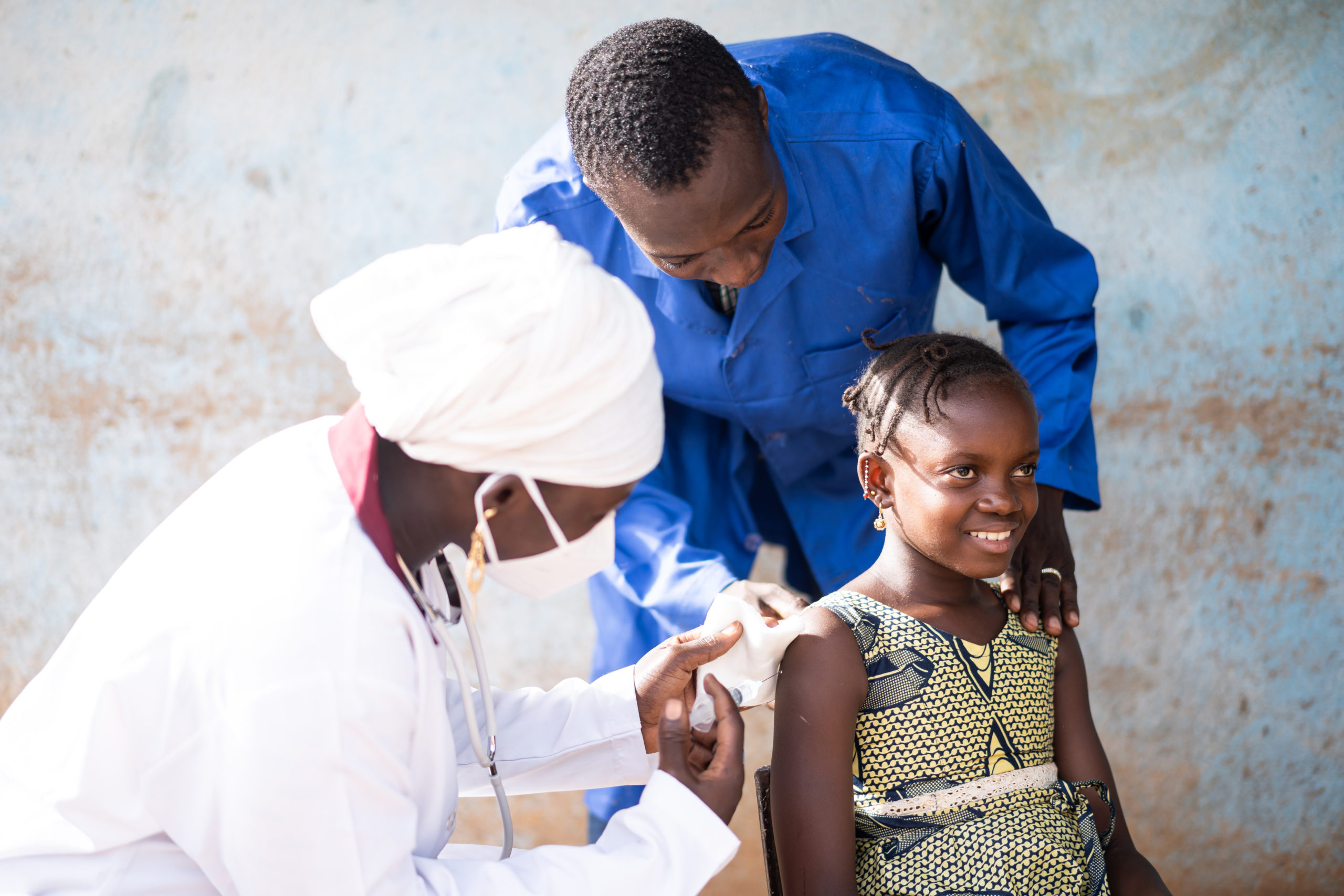
CCP will use the additional funds to promote COVID-19 vaccine acceptance and prepare for future pandemics in 18 countries in Africa, Asia and Latin America.
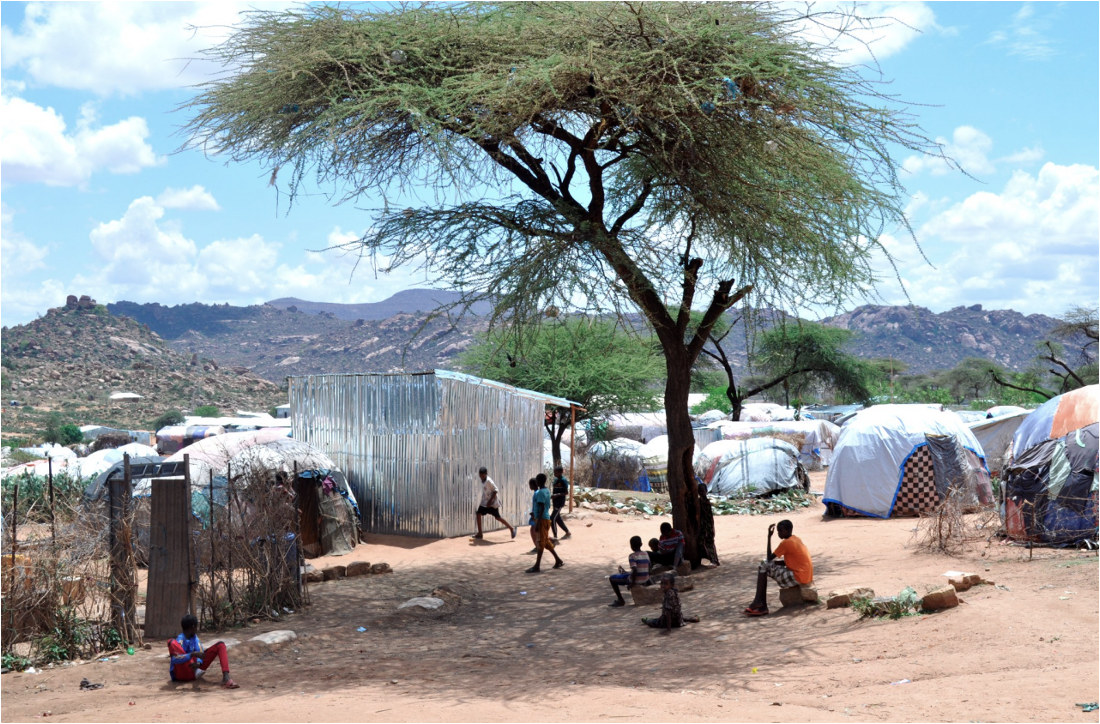
In Ethiopia, there are more than 1.7 million internally displaced persons (IDPs). CCP set out to help some of them understand the dangers of COVID-19 and gender-based violence. But first, the IDPs had bigger concerns such as food, water and shelter.
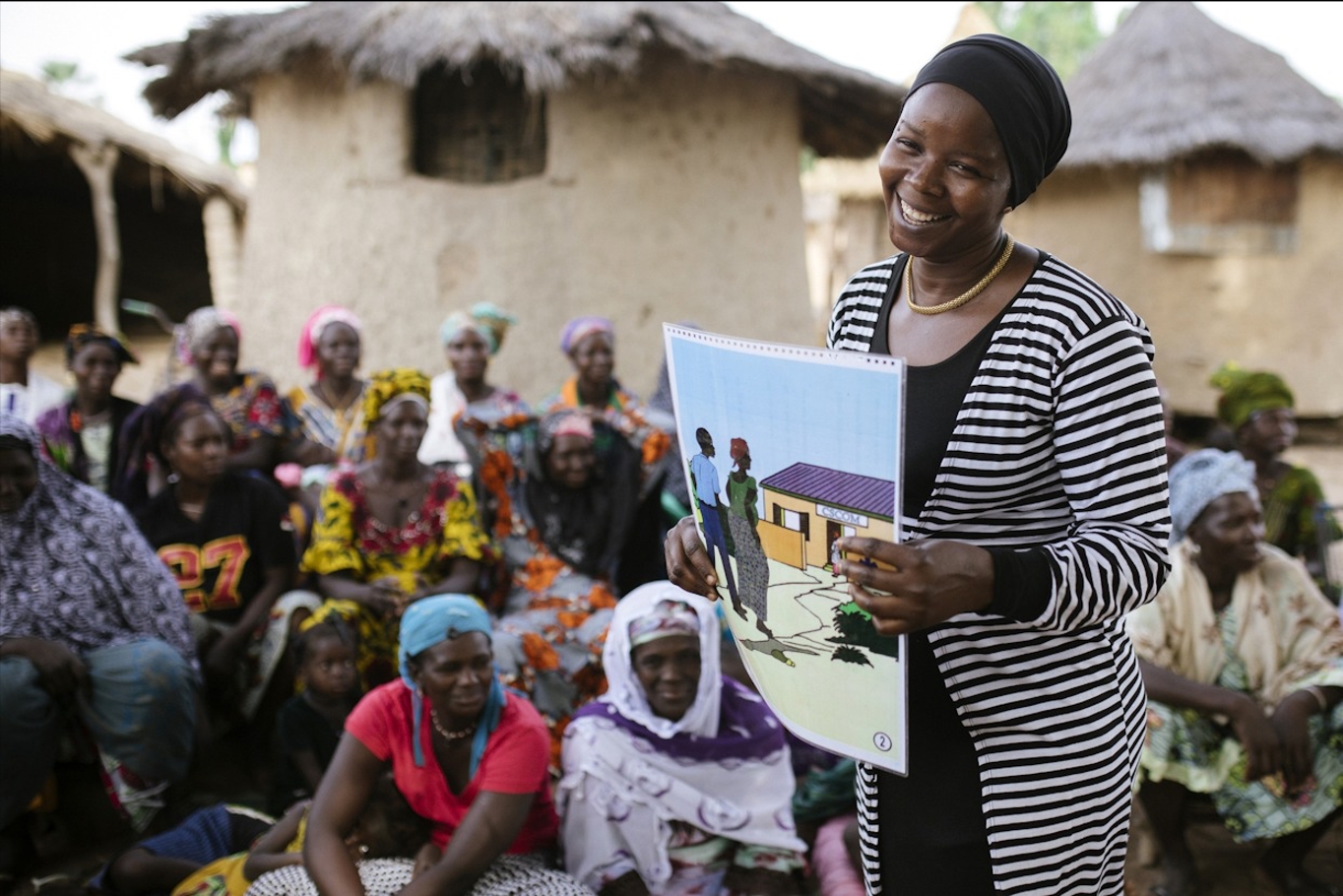
Most studies of pre-term birth – the leading cause of infant mortality around the world – have focused on complications that occur in health facilities in the high-income countries. A unique new study conducted by CCP looks at risk factors that start long before delivery.
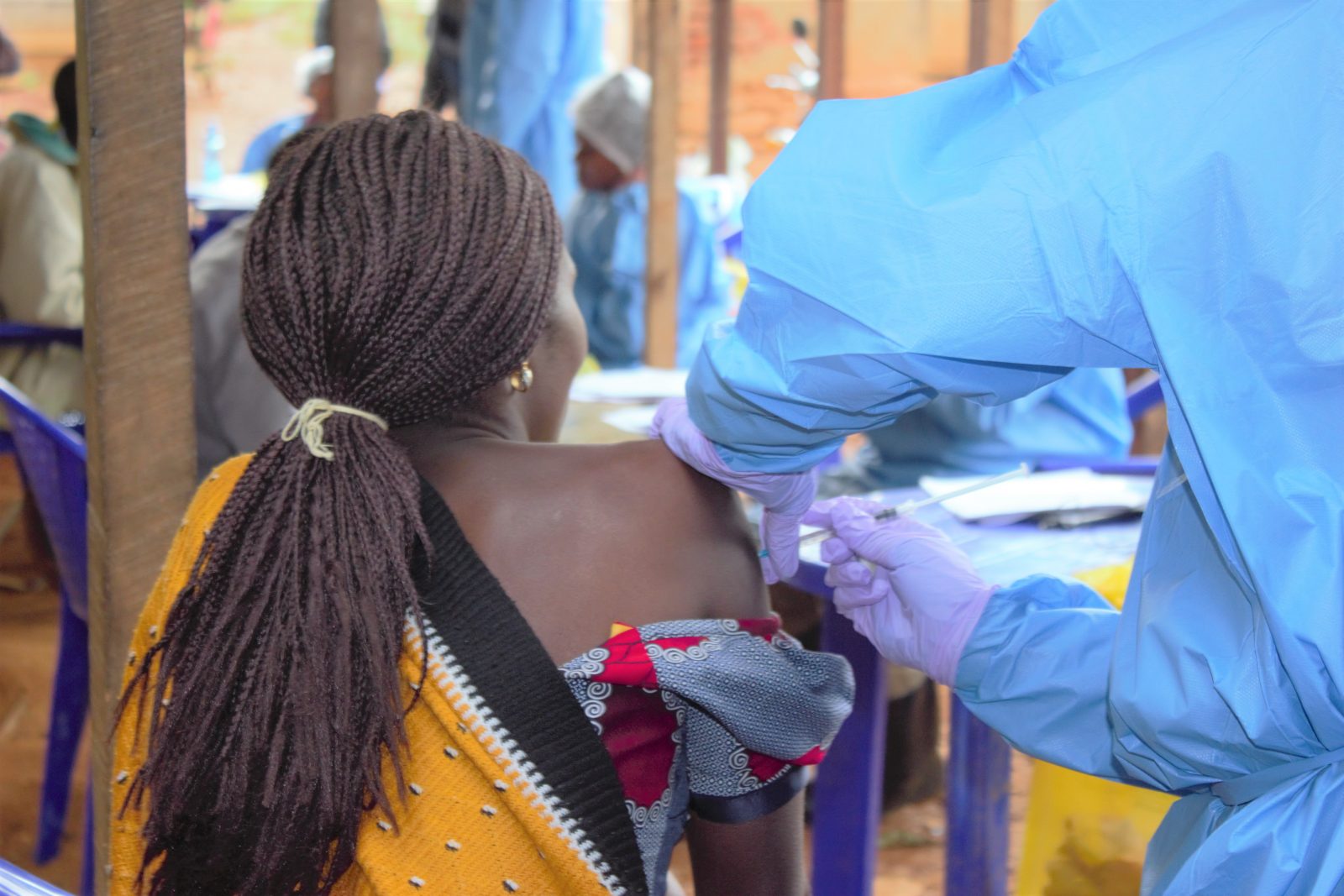
The U.S. Agency for International Development has awarded nearly $6.5 million to the Johns Hopkins Center for Communication Programs to promote the uptake of COVID-19 vaccines across 13 countries in Africa, Asia and Latin America.
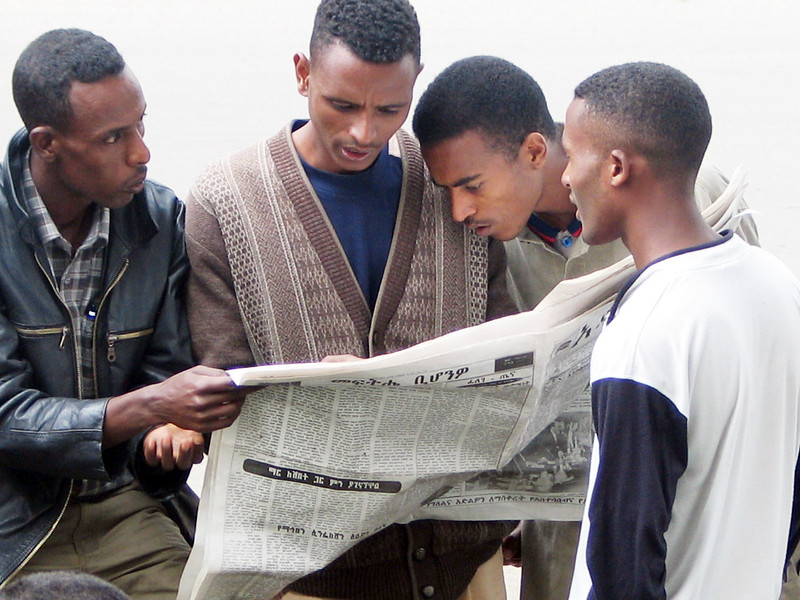
CCP, in collaboration with the U.S. Embassy in Ethiopia, is leading week-long media trainings throughout the country designed to empower and educate journalists in advance of national elections in mid-2021.
Receive the latest news and updates, tools, events and job postings in your inbox every month